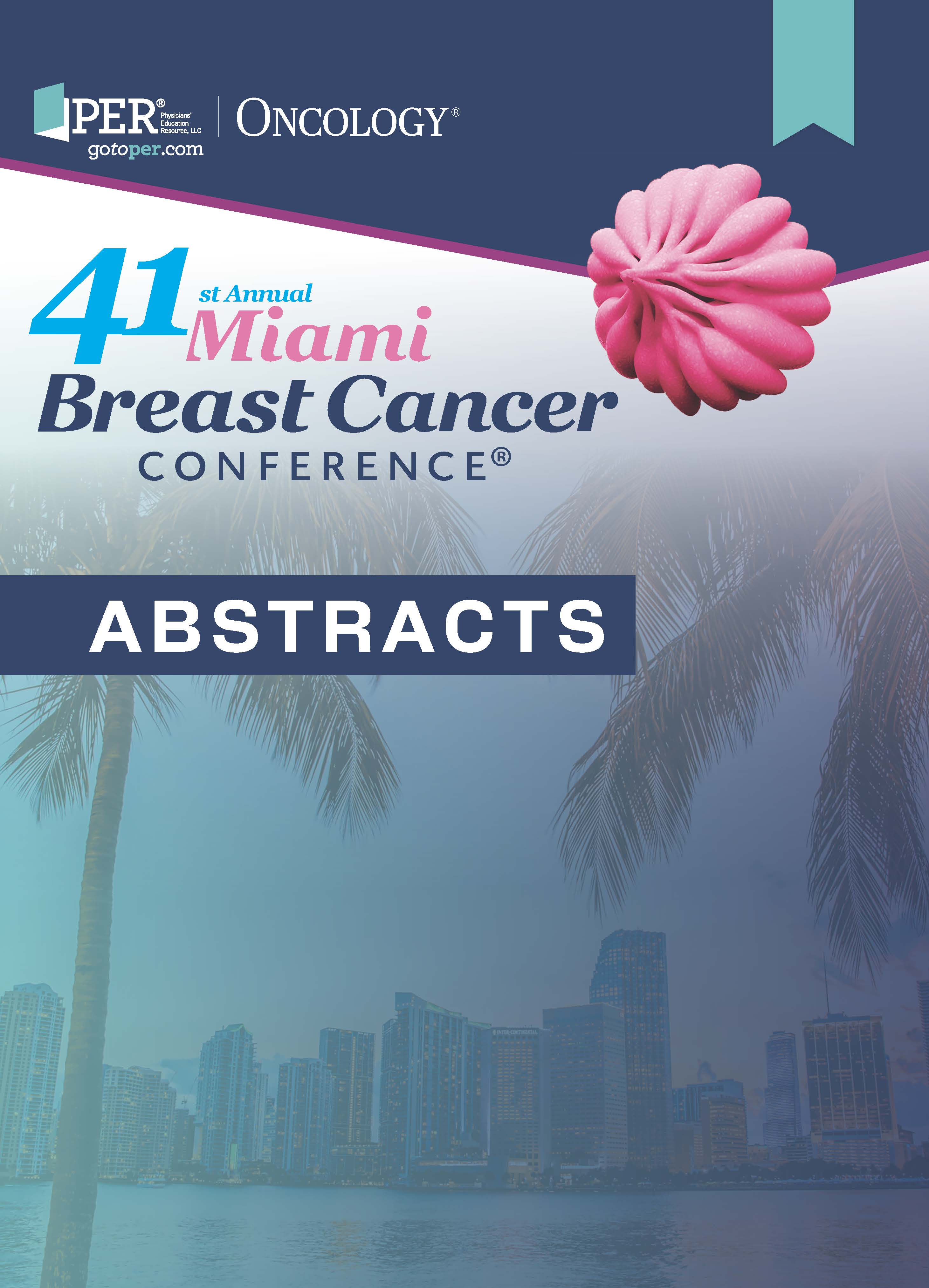72 A Novel Biosignature for Early- Stage Invasive Breast Cancer to Predict Radiotherapy Benefit and Assess Recurrence Risk for Patients Treated With Breast- Conserving Surgery
A Novel Biosignature for Early- Stage Invasive Breast Cancer to Predict Radiotherapy Benefit and Assess Recurrence Risk for Patients Treated With Breast- Conserving Surgery

Background
Adjuvant radiation therapy (RT) represents a standard of care for most patients with early-stage, hormone receptor–positive (HR+) invasive breast cancer (IBC) following breast-conserving surgery (BCS). Ongoing studies are exploring the integration of clinical and biological factors to better assess patient-specific recurrence risk profiles to de-escalate treatment while including the use of RT safely and appropriately. Acknowledging the intricate tumor biology influenced by the tumor microenvironment, the present study evaluates multiple cellular processes corresponding to tumor intrinsic and immunophenotypes as predictive markers for RT response as a part of a biosignature for HR+ IBC.
Methods
A multi-institutional cohort (1987-2022) of women diagnosed with IBC was examined to identify a subset of 708 HR+, T1/T2N0M0 patients who underwent BCS with a median follow-up of 126 months. Treatment included BCS with or without RT based on physician preference. A biosignature that calculates an individualized risk profile was developed and cross-validated. The association between the biosignature and the 10-year recurrence rate (local and distant) was assessed. RT benefit was assessed by risk group and as a function of the biosignature score using survival analyses and multivariable Cox proportional hazards adjusted for treatment, clinicopathologic (CP) risk factors age, grade, and tumor size.
Results
The patient cohort had a median age of 63 years, with 661 of 708 patients being T1 and the remaining patients being T2. Twenty percent of the patients had grade 3 disease, and 80% were grade 1/2. A total of 253 patients received endocrine therapy (ET), and 584 received RT (205 of patients receiving ET received RT). The biosignature score identified a low-risk group with 10-year recurrence rate of 1% negative or positive +RT (HR, ≈ 1; P = 1; n = 146), an elevated risk group with 20% negative RT and 13% +positive RT (HR, 0.5; P = .02; n = 462) and a residual risk group with 30% negative or positive plus RT (HR, ≈ 1; P = .95; n = 96). In a multivariable analysis adjusted for treatment and CP factors, the interaction (biosignature score: RT) was significant (P < .001), and ET tended to decrease therecurrence rate (HR, 0.7; P = .09).
Conclusions
The biosignature identified clinically meaningful risk groups with differential RT benefit associated with 10-year recurrence rate and a residual risk group with an elevated 10-year recurrence rate remaining after BCS plus RT. With further validation, the biosignature may be useful to aid in the assessment of RT benefit in early-stage IBC.

Newsletter
Stay up to date on recent advances in the multidisciplinary approach to cancer.